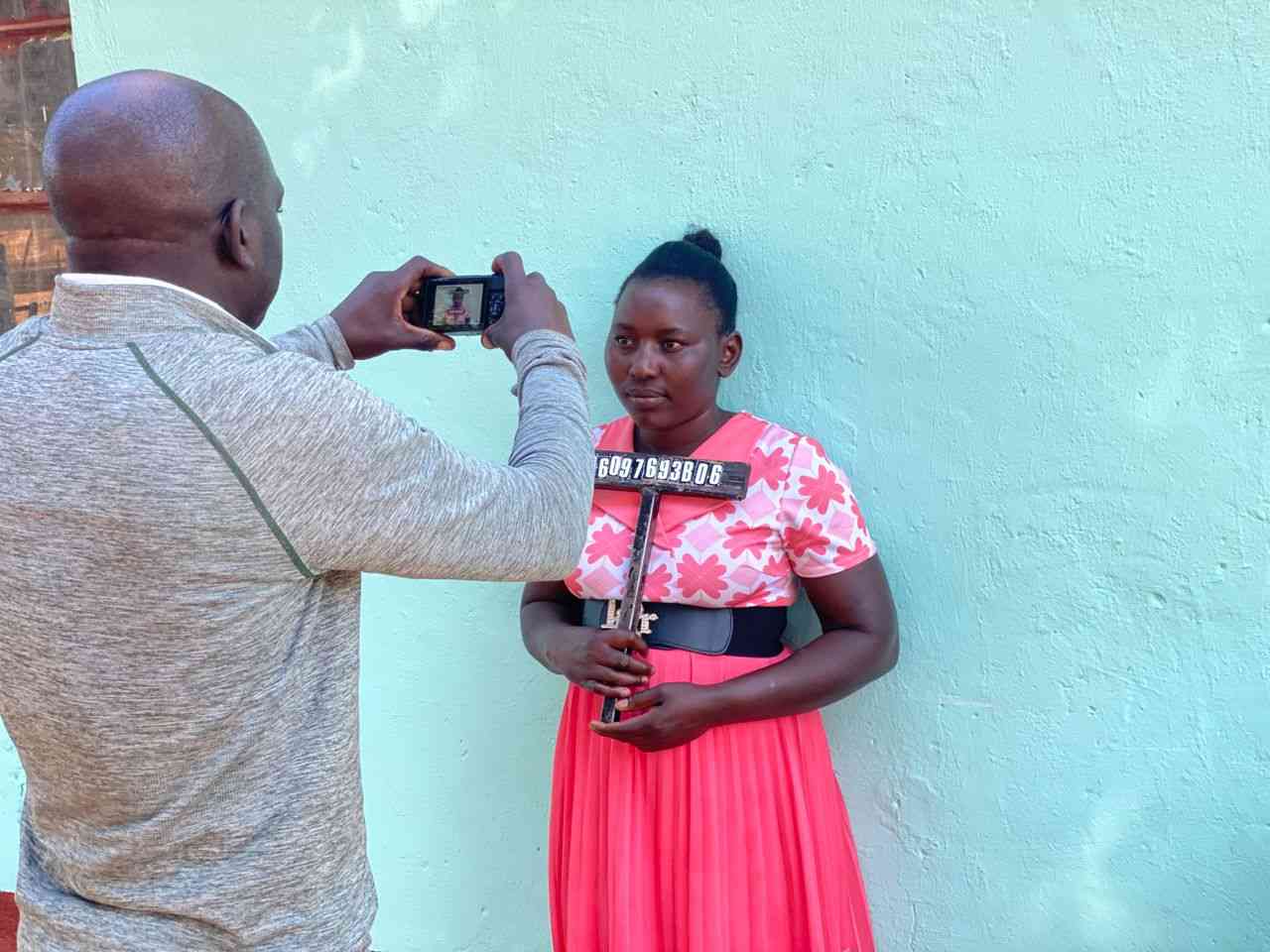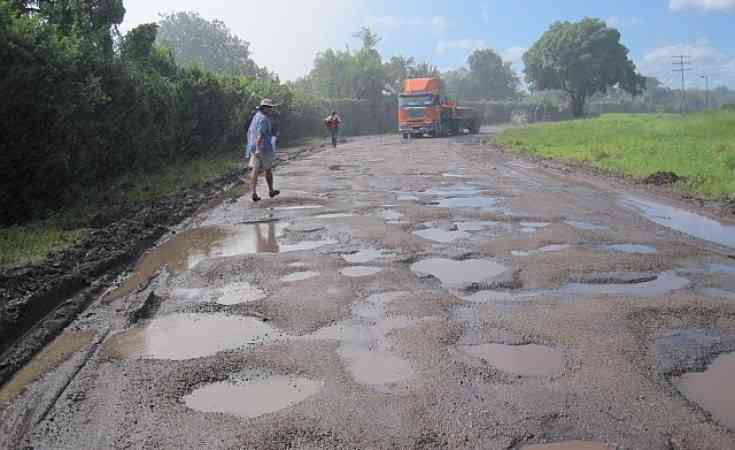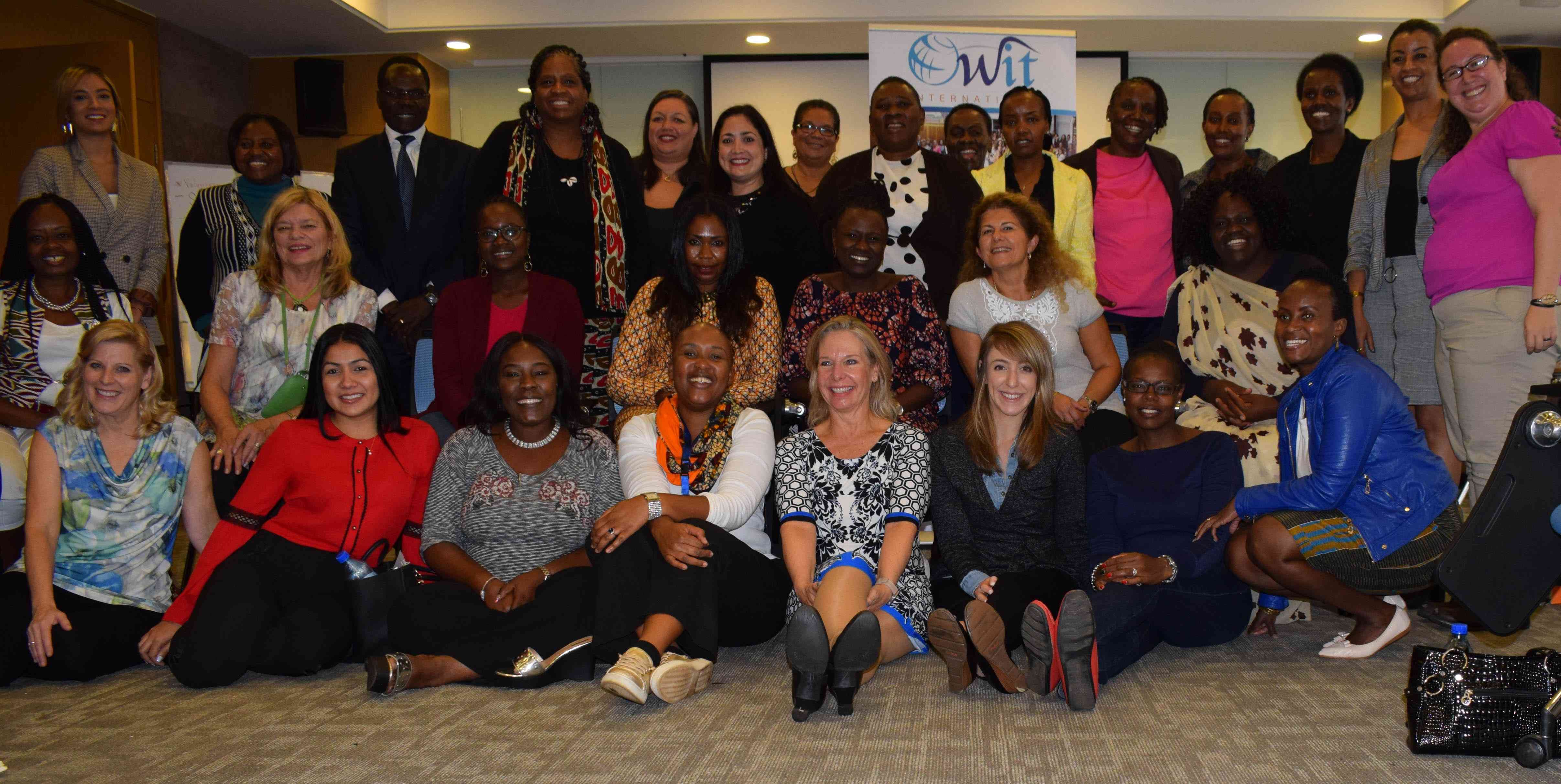
In a country where access to essential public services often hinges on one’s ability to produce a birth certificate or national ID, the mobile registration initiative in Zimbabwe is a game-changer—especially for those in remote regions like Binga.
The recent rollout of this programme has illuminated a glaring gap that many Zimbabweans have silently endured for years: the inability to claim full citizenship and access state services due to lack of documentation.
With support from Unicef and the embassy of Sweden, the Civil Registry Department has launched a vital initiative that brings these life-changing documents directly to the people who need them most.
I recently had the privilege of visiting Binga, one of the most marginalised and geographically isolated areas in Zimbabwe.
What I witnessed there was not just an administrative exercise, but a transformation of lives.
In communities such as Tyunga-lunga village under Chief Sinamusanga, stories abound of people walking for days, crossing rivers, and enduring harsh conditions to reach registry offices—only to face long queues or be turned away due to missing documents or lack of money.
For many, these obstacles became deterrents so significant that entire generations remained undocumented.
The mobile registration initiative directly addresses this inequity by decentralising access to identity documents such as national identity cards, birth certificates, and death certificates.
- ED’s influence will take generations to erase
- ‘Govt spineless on wetland land barons’
- Govt under attack over banks lending ban
- Zim Constitution must be amended
Keep Reading
This has brought immense relief to families in rural Zimbabwe, many of whom have been caught in bureaucratic limbo for years.
In Binga, I met elderly grandparents raising orphaned children who had never been registered at birth.
Without birth certificates, these children could not enroll in school, access health care, or even sit for public exams.
The mobile registration team, arriving at local schools like Sinamusanga Primary, helped rectify these injustices by providing on-the-spot services, ensuring no child was left behind.
Identity documentation is not merely a piece of paper—it is the gateway to citizenship and the rights that come with it.
Without a birth certificate or ID, Zimbabweans cannot register to vote, access social protection programs, open a bank account, or even get a mobile SIM card.
Women and girls, in particular, are disproportionately affected. Many are denied access to maternal health care and are unable to register their children’s births, perpetuating a cycle of exclusion.
The mobile initiative, therefore, serves not only as a logistical solution but also as a powerful tool for inclusion, dignity, and empowerment.
The success of the initiative lies in its collaborative model.
The partnership between Zimbabwe’s Civil Registry Department, Unicef, and the embassy of Sweden is a textbook example of how international cooperation and public-sector engagement can combine to tackle systemic challenges.
Unicef has long advocated for the rights of children, including the right to legal identity. The Swedish government’s financial and diplomatic support brings in both resources and global solidarity. Together, these actors have helped the Zimbabwean government reach populations that had previously fallen through the cracks.
Beyond the distribution of documents, the initiative also brings an important message: that every Zimbabwean matters, regardless of where they live.
It sends a signal that rural lives are not second-tier, and that no one should be denied their rights due to geography or poverty.
In places like Binga, where infrastructure is limited and poverty widespread, such recognition is deeply affirming. It restores trust in public institutions and rekindles hope in communities that have felt forgotten.
Moreover, this mobile approach has proven to be cost-effective and scalable.
It reduces the burden on central registry offices, minimizes travel costs for rural populations, and allows for better data collection and planning.
Local councillors and traditional leaders have also played a crucial role in mobilizing communities and ensuring that information about the registration drives reaches the grassroots. This community-led approach enhances transparency and fosters ownership.
That said, the road ahead still poses challenges. The program must be sustained and expanded to cover more areas.
Continuous funding, technical training, and mobile infrastructure are necessary to ensure that every Zimbabwean can be documented.
Additionally, public education campaigns are needed to inform citizens about the value of documentation and the steps involved in obtaining them. This is especially important in communities with low literacy levels or mistrust of government processes.
Zimbabwe’s Constitution guarantees every person the right to a name and identity. For too long, this right has remained out of reach for millions.
The mobile registration initiative is a concrete step toward fulfilling this constitutional promise.
By reaching those in the margins, it not only strengthens individual lives but also contributes to national development. Documented citizens are visible citizens.
They are counted in census data, included in service delivery, and able to participate in the nation’s democratic processes.
The mobile registration initiative is more than an administrative intervention—it is a justice initiative. It acknowledges the value of every life and the right of every Zimbabwean to be seen, heard, and served. As witnessed in Binga, the impact is immediate and profound.
Children can go to school. Adults can vote and access medical care. Families can register their loved ones’ deaths with dignity. It is a silent revolution—one paper, one name, one identity at a time.
And for a country striving to build inclusive governance and equitable development, it is a revolution worth investing in and scaling across all corners of Zimbabwe.
* Gary Gerald Mtombeni is a journalist based in Harare. He writes here in his personal capacity. For feedback Email [email protected]/ call — +263778861608











